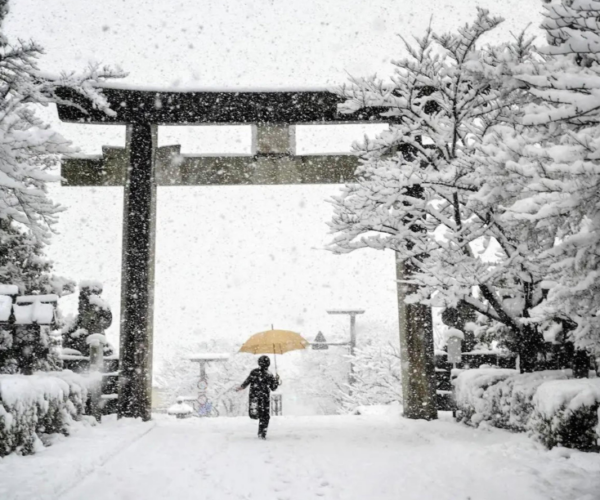This article originally featured in the October 2020 issue of Connect.
by Derek Hurst (Nagano)
How has COVID affected student loan repayment? This is a big one for a lot of people (non-Americans included), and fortunately there’s a lot of reason to see that as terrible as this pandemic has been, there is a clear silver lining also, especially for recent grads. In fact, it turns out most of us will actually find ourselves in a much better place now than we would have been had Corona not hit, at least in terms of repaying our loans. As Americans are usually the most impacted by student loans, this article will be written from a US perspective.
The biggest reason to feel a sweet, tinge of hope today is that interest rates in the United States have been dropped to 0% for the foreseeable future (1). Although slightly terrifying from a macroeconomic perspective, this rate reduction ensures that graduates will not find themselves compounding what for most is an already outrageous loan with increasing interest. The same presidential memorandum established that student loan repayments would be immediately suspended for 60 days, and subsequent CARES act (passed in March 2020) also had provisions for extending the loan suspensions even further (currently expiring September 30th). Forthcoming supplemental legislation and stimulus packages are being discussed in congress as we speak, and although it is not certain when (or even if) these packages will be enacted, it is a safe bet to assume that there will be some provision for extending and possibly enhancing the current loan-repayment measures.
However, getting back to the issue of interest rates, many analysts believe that the 0% rates will likely continue through at least the end of the fiscal year, if not further. I hesitate to make my own predictions, but I think we can reasonably expect to see this 0% rate stay in place until at least August 2021, which will mean hundreds, and in some cases, thousands saved for graduates. There’s no telling when things will get back to ‘normal’, but for now, I think we can allow ourselves a well-earned breather.
As to how COVID has impacted the rest of your finances, well, it depends on what your current situation is. If you don’t have any savings (by the way, this was me in my first three years in Japan. Protip—don’t be me), then there’s very little that’s changed. Those who have savings either in Japan or back home would do well to transfer your money immediately into some kind of low-volatility ETF or IRA, because right now most savings accounts/bonds are currently earning you negligible returns on account of the aforementioned 0% interest rate. I’m sure many of you have heard of the app Robinhood, and regardless of its perceived shortcomings, it’s free, has free trades and can be opened as long as you have a SSN and an American bank account. Take my advice: open an account, deposit a few hundred into it and immediately buy into SPY (the ETF which follows the S&P500). You can then rest easy knowing that market volatility notwithstanding, you won’t be losing any money over the mid to long term. My future articles will detail some ways you can leverage your money to beat inflation using conservative and time-proven investment strategies, but for right now, just know that if you let your yen and dollars collect dust in a savings account, it’s going to be slowly eaten by inflation.
The takeaway from all of this is to realize that while COVID has been undeniably terrible for many, many reasons, if you’re willing to risk a brief look on the bright side, you’ll find that there is light at the end of the tunnel. And, if you’re really smart about it, you may just be able to use this pandemic as a basis for getting yourself on the right financial track. So, use this time wisely, educate yourself and maybe take a few minutes to realize that there’s always a silver lining to every black cloud.
Source: student loan payment relief covid-19
My name is Derek Hurst, and I am the new business section editor for CONNECT Magazine. I came as and ALT on JET from 2008-2011 where I taught in northern Nagano Prefecture, and subsequently spent the next
10-odd years in Japan, mostly continuing my work in education as both a public school ALT and eikaiwa teacher. I also spent two years officiating weddings My academic background is in Foreign Languages and Economics.





